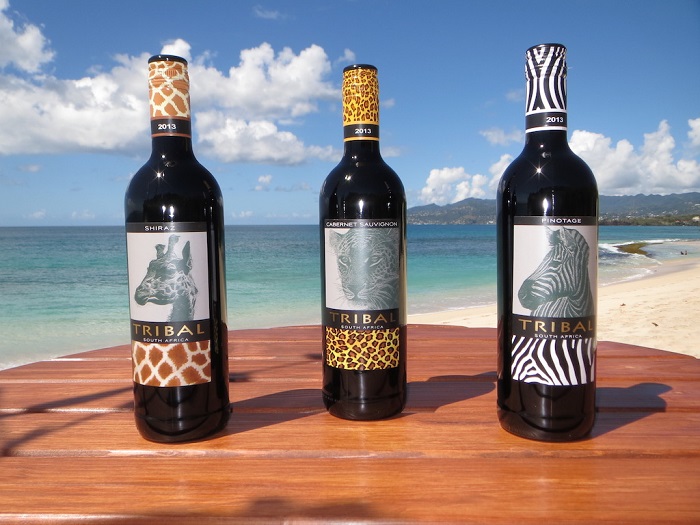Nestled at the southernmost tip of Africa, South Africa’s wine country offers a blend of rich history and innovative winemaking. With dramatic landscapes stretching from the iconic Table Mountain to the rolling vineyards of the Cape Winelands, the country presents a captivating wine story that dates back centuries.
More information about different cuisines you may find on https://gastronomy.space.
1. Historical Roots
The history of South African winemaking began in the mid-17th century with the arrival of the Dutch East India Company. The first vineyard was established in what is now known as the Constantia Valley, producing wines that would soon gain international acclaim.
2. Diverse Wine Regions
The Western Cape, with its Mediterranean climate, is the epicenter of South African wine production:
- Stellenbosch: Often dubbed the ‘Napa Valley’ of South Africa, Stellenbosch is renowned for its full-bodied, oak-aged reds, particularly Cabernet Sauvignon and Merlot.
- Paarl: Known for its Rhône varietals, Paarl produces stellar Shiraz and pioneering blends.
- Walker Bay: Benefiting from cool maritime influences, this region is gaining traction for its Pinot Noir and Chardonnay.
- Swartland: A hotspot for innovation, it’s here that young winemakers are experimenting with natural and organic wines.
3. Signature Grape: Chenin Blanc
Chenin Blanc, locally known as ‘Steen,’ is South Africa’s most planted grape variety. Versatile and adaptive, it ranges from crisp and floral to rich and honeyed, often expressing notes of green apple, pear, and quince.
4. Overcoming Apartheid’s Legacy
The South African wine industry faced significant challenges during the apartheid era, with sanctions limiting its international presence. Post-apartheid, the country experienced a wine renaissance. Winemakers traveled the world, gaining insights and techniques, resulting in a wave of innovation and quality improvements.
5. Pioneering Sustainability
South Africa is at the forefront of sustainable winemaking. The ‘Integrity & Sustainability Seal’ launched in 2010, ensures environmentally sensitive practices, responsible social upliftment, and product integrity.
6. Wine and Wildlife
Many South African vineyards coexist with nature reserves, making wine tours a unique experience. It’s not uncommon to couple wine tastings with giraffe sightings or to sip a glass while overlooking an elephant reserve.
7. Wine Festivals and Events
Events like the Stellenbosch Wine Festival and Franschhoek Cap Classique & Champagne Festival celebrate the nation’s viticultural achievements, offering immersive experiences from barrel tastings to gourmet pairings.
8. Pinotage: South Africa’s Own
A cross between Pinot Noir and Cinsault, Pinotage is South Africa’s homegrown varietal. While sometimes polarizing, modern winemakers are crafting more refined versions with dark fruit profiles, smoky undertones, and a distinctive earthiness.
9. Future Trends: Experimentation and Revival
South African winemakers are not just content with the status quo. There’s a resurgence in reviving old vineyards, championing underrepresented varietals, and experimenting with unconventional winemaking techniques.
South African wines offer a compelling blend of tradition and modernity, drawing from its rich history, diverse terroir, and the innovative spirit of its winemakers. From the age-old vines of the Swartland to the cutting-edge cellars of Stellenbosch, South Africa’s wine country invites exploration and discovery. As the industry continues to evolve, it carries with it a promise: each bottle encapsulates a story, a landscape, and a passion that is quintessentially South African.





